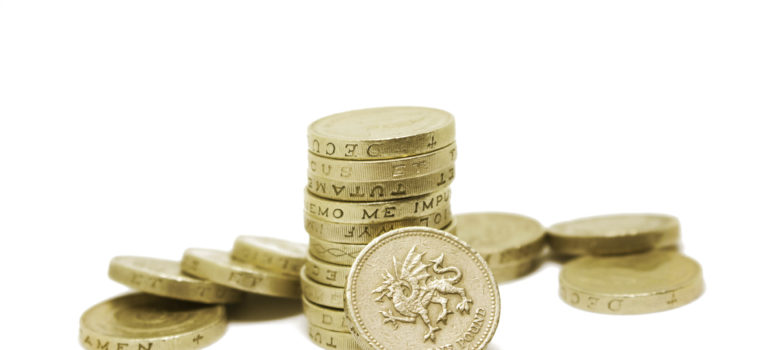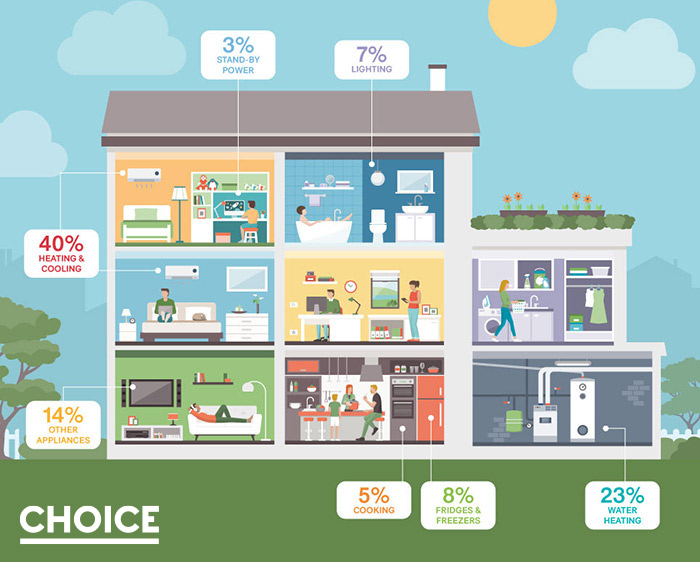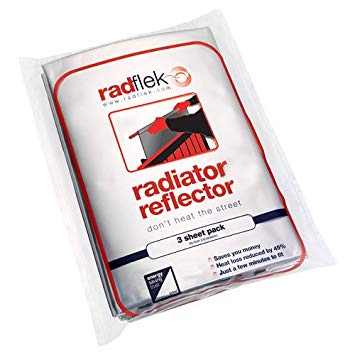
Where are my energy bills going?
It’s an interesting quirk of human evolution that we have developed the sense to know, just by looking at an unopened letter or email, that it’s a horribly big bill. Instead of sighing heavily, paying it off and forgetting about it, how many of us actually takes the time to consider where these unpleasant energy bills come from and what simple, practical changes we can make to reduce them?
Energy usage and costs are far more complicated and convoluted than most of us can wrap our heads around, and the prospect of dissecting our lifestyles and bills to figure out how many watts went on charging the iPad to rewatch Breaking Bad or how much money we spent having a better lit Christmas tree than the neighbours, sounds frankly exhausting. If only there were some clever Australians who’d just released a study breaking down average energy use… If only you knew a website that could use that information to give you a basic guide to reducing your energy usage and significantly cutting your costs…
Independent consumer advocacy group Choice has put together an up-to-date breakdown of average household energy usage, so buckle up and let us break down your bill to provide some pertinent pointers on conserving energy and saving you money.
How does that help to reduce my energy bills?
Heating & Cooling – 40%
A whopping 40% of household energy is used to regulate our temperature, be it fans in the summer or radiators in the winter. This time of year our mother’s would surely roll their eyes and tell us all to just put another jumper on, but when the bite of a British winter hits then knitwear is really only half the battle.
Draft proofing is a key area to consider, regardless of budget or property, with options ranging from something as simple as a draft excluder to more comprehensive solutions such as double glazing.
If you’re up for a bit of a project then start thinking about adding or improving your home’s insulation. Loft insulation can be bought cheaply, installed in a number of hours, and will drastically reduce the 25% of heat lost through an unprotected roof. While completely uninsulated houses are becoming a thing of the past, identifying areas with insubstantial thermal protection can be one of the most cost effective measures against the changing weather.
Despite your best intentions, despite keeping all your doors closed and wearing 3 pairs of thermal socks, the time must come when we all admit defeat to the god of energy bills and turn the heating on. We’ve already told you about the cost effectiveness of various boilers, the benefits and drawbacks of electric heating options, and cost analyses of alternative heating methods, but short of replacing the entire central heating system there are some much less intimidating investments that can make the most of the heating you use. Radiator fans, stove fans, and radiator reflectors are all budget conscious accessories to enhance your existing sources of heat. Even better, GreenAge readers can get an exclusive 20% discount using offer code TGA20.
Water Heating – 23%
Not so far behind heating costs, nearly a quarter of our energy bills are generated by heating the water we use for everyday tasks. While a long day ended by a luxuriously deep, steaming hot bath sounds like heaven, such hot water use has a serious impact on our monthly costs.
The good news is that saving is easy; insulating your hot water pipes will ensure maximum heat retention, but the most effective way to cut costs is simply to use less – shorter showers and water-saving shower heads are cheap, immediate ways to reduce the energy usage of your morning routine, as well as getting you out of the house a little faster (you’ll thank us when you have enough time before work to pick up a cheeky latte).
Fridges & Freezers – 8%
Here at The Green Age we love saving energy and money, but we also love avocado, bacon, cheese, ice cream, and all other delicious perishables that fill our fridge, so we’re not about to suggest turning them all off in the name of energy conservation. We do, however, suggest keeping the doors closed as much as possible, as well as adjusting your fridge to 3–4 degrees and your freezer to -18 degrees (the best balance between energy efficiency and food safety standards). When buying a new fridge or freezer also be conscious of your size requirements; while one large appliance is certainly better than overflowing and needing to invest in a second machine, powering a behemoth when all you need is somewhere to keep milk and leftovers is never going to be an efficient idea.
Lighting – 7%
You’re about to have a lightbulb moment. Pun intended.
Replacing just one 50W halogen spotlight in your kitchen with a 5W LED equivalent could save you over £15 a year from just one bulb, while still producing the same amount of light. Though the initial investment is higher than replacing an old style bulb, LED’s require just 10% of the electricity and have a lifespan of up to 30 years. Couple this with the energy conservation from keeping superfluous lights off and your savings will begin to mount.
Other – 22%
Cooking: As a rule of thumb, larger appliances require larger amounts of power to run, so bear that in mind when choosing between the toaster or the grill. It’s also worth fighting the urge to fill the kettle to the brim at every opportunity when you only need to boil enough for one cuppa.
Standby power: The incognito energy sapper, standby mode is costing you more than you think. Luckily, sometimes cutting your bills is as simple as flicking a switch – turning off unnecessary items at the socket takes only a moment and helps to control your energy expenditure.
Clothes dryers: Convenience may be great, but to save money consider using the dryer that nature gave you – washing lines and clothes horses cost nothing to run.
Dishwashers: More energy and water efficient than washing by hand, you finally have an excuse not to spend hours slaving over the sink. If you haven’t used it before then give the eco-cycle a go, with a decent detergent the results tend to be just as good while using less power than your usual cycle.
Computers: Much like your TV, radiators and lighting, your computer won’t gain anything by being constantly left on. Save the spreadsheet, shut everything down, and turn it back on tomorrow. Your energy bill will reflect the bold sacrifice.
Think we missed something? Do you have a different opinion?
Comment below to get your voice heard…














No Comments yet! Be the first one.